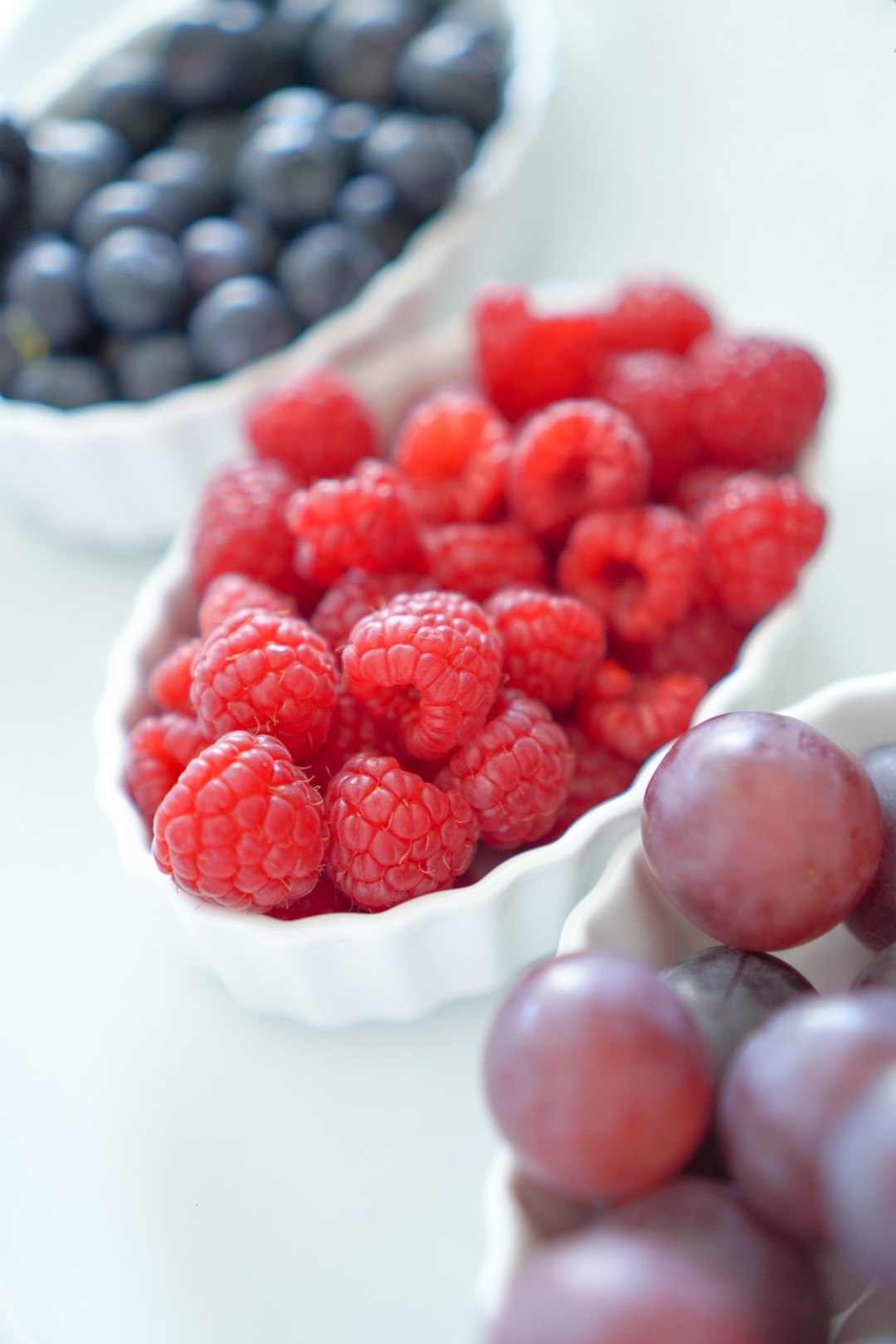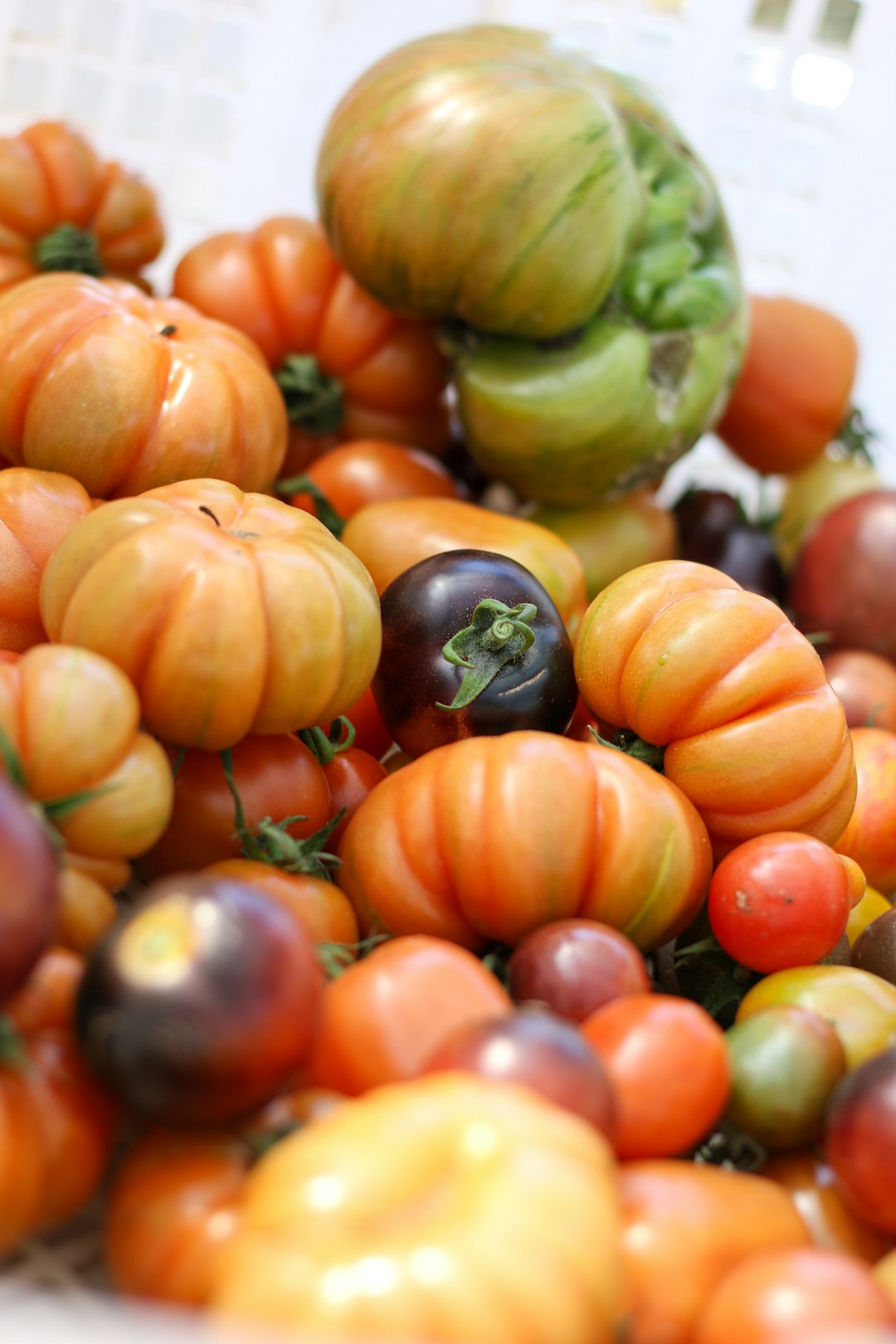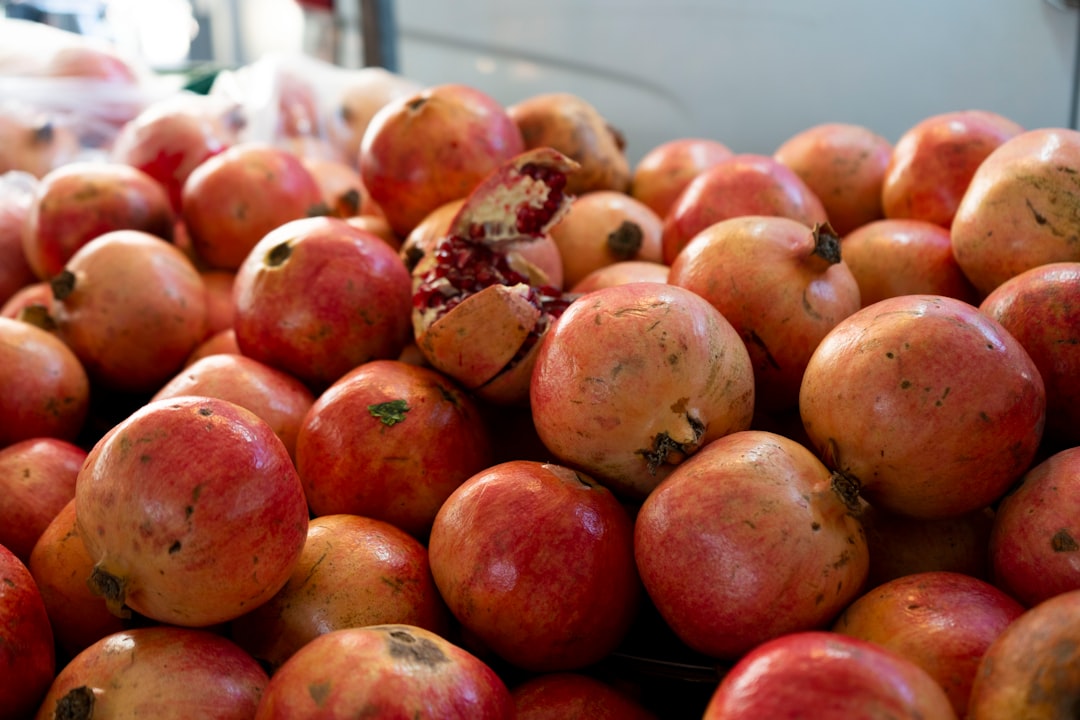Antioxidants in Fighting Inflammation: Unlocking the Secret to Mental Energy and Vitality
Inflammation, often described as the body’s alarm system, is a double-edged sword. While acute inflammation can be lifesaving, chronic inflammation silently wreaks havoc on both physical health and mental well-being. Antioxidants in fighting inflammation emerge as a powerful ally in this battle, neutralizing harmful free radicals and reducing the oxidative stress that fuels inflammatory responses. This biochemical defense not only protects the body but also plays a pivotal role in preserving mental clarity and energy.

In an era where cognitive demands are higher than ever, understanding the connection between antioxidants, inflammation, and mental vitality has never been more critical. By delving into the science and practical applications of antioxidants, we uncover a transformative approach to combating fatigue, enhancing focus, and fostering long-term resilience.
Inflammation: The Hidden Thief of Mental Energy
Chronic inflammation acts as a silent disruptor, undermining your mental energy and focus. When inflammation persists, it interferes with essential brain functions. Prolonged inflammatory responses alter neurotransmitter production, which affects mood and cognitive clarity. The connection between inflammation and mental fatigue is undeniable, making antioxidants in fighting inflammation crucial for maintaining sharpness.
Inflammation triggers oxidative stress, a process that damages brain cells over time. This damage slows down neural communication and diminishes your ability to concentrate. Without addressing these issues, the cycle of inflammation and fatigue perpetuates.
The Role of Oxidative Stress in Energy Depletion
Oxidative stress caused by inflammation drains the brain’s energy reserves. The body’s response to free radicals exacerbates the problem further. By neutralizing free radicals, antioxidants in fighting inflammation play a vital role in protecting mental stamina. They shield neurons from damage, reducing the inflammation that saps your focus and energy.
Neuroinflammation is another significant contributor to low mental energy. Inflammation in the brain disrupts normal signaling, creating barriers to clear thinking. Antioxidants target this root cause by reducing oxidative stress and supporting overall cognitive function.
Why You Need Antioxidants to Break the Cycle
Interrupting the harmful cycle of inflammation and energy depletion requires a proactive approach. Antioxidants in fighting inflammation provide an effective solution by addressing the underlying causes. By integrating antioxidants into your routine, you can protect your brain, sustain your energy, and restore mental clarity. The result is not just improved focus but also long-term cognitive resilience.
Antioxidants as Nature’s Most Powerful Defense
Antioxidants are nature’s solution to combating inflammation and oxidative stress. These compounds occur naturally in fruits, vegetables, and herbs. They neutralize free radicals that trigger inflammation, preventing cellular damage before it begins. Foods like berries, spinach, and green tea are rich sources of these potent defenders.
Antioxidants in fighting inflammation work by interrupting harmful chain reactions caused by oxidative stress. Without this protection, free radicals attack healthy cells, causing long-term damage. The body also produces some antioxidants, but external sources amplify their effectiveness.
How Antioxidants Protect Against Inflammation
Antioxidants target inflammation by reducing harmful oxidative molecules within the body. They help maintain balance at a cellular level. By protecting cells, they prevent inflammatory responses from spiraling into chronic conditions. Antioxidants like vitamin C and vitamin E are especially effective in reducing inflammatory markers.
The role of antioxidants in fighting inflammation extends to immune support. Chronic inflammation weakens the immune system, making the body more vulnerable. Antioxidants boost immunity by supporting white blood cells and protecting vital tissues.
Why Natural Antioxidants Are Key to Longevity
Natural antioxidants offer a holistic approach to managing inflammation. Unlike synthetic solutions, they integrate seamlessly into the body’s processes. By focusing on antioxidants in fighting inflammation, you empower your body to heal and thrive. They are not just a remedy but a foundation for long-term vitality and mental resilience.
Antioxidants in Fighting Inflammation: A Science-Backed Solution
Extensive research supports the role of antioxidants in fighting inflammation. These compounds combat oxidative stress, a known driver of chronic inflammation. Studies show that antioxidants like flavonoids and polyphenols reduce inflammatory markers such as C-reactive protein. By neutralizing free radicals, antioxidants prevent cellular damage that triggers prolonged inflammatory responses.
The effectiveness of antioxidants in fighting inflammation is not limited to one area of the body. They have been shown to protect the cardiovascular system, reduce joint inflammation, and even alleviate skin conditions. This widespread impact underscores their essential role in promoting health.

Specific Antioxidants That Target Inflammation
Vitamin C, found in citrus fruits and peppers, is a leading antioxidant in fighting inflammation. It inhibits oxidative damage and supports tissue repair. Similarly, vitamin E, present in nuts and seeds, reduces inflammation by protecting cell membranes from degradation. Flavonoids in green tea and berries have also been studied for their ability to lower pro-inflammatory cytokines.
Research highlights the synergy between different antioxidants in fighting inflammation. For example, combining vitamins C and E amplifies their protective effects. These findings suggest that a diverse diet rich in antioxidants is the best approach for reducing inflammation.
The Long-Term Benefits of Antioxidants for Health
Antioxidants in fighting inflammation not only address immediate health concerns but also provide lasting benefits. Regular intake reduces the risk of diseases linked to chronic inflammation, including diabetes, arthritis, and neurodegenerative disorders. By lowering inflammation, antioxidants also enhance mental clarity, physical energy, and overall resilience.
Scientific studies consistently confirm the transformative power of antioxidants. Their ability to target inflammation at its source makes them an indispensable part of any wellness strategy.
The Brain-Inflammation-Antioxidant Connection
Inflammation in the brain disrupts essential processes needed for memory, focus, and learning. Chronic neuroinflammation damages neurons and impairs communication between brain cells. This decline in neural function contributes to brain fog, slower thinking, and reduced mental energy. Addressing these effects requires focusing on antioxidants in fighting inflammation at the root.
Prolonged inflammation increases the production of harmful cytokines that weaken the brain’s structural integrity. Over time, this inflammation accelerates cognitive decline. By targeting inflammation early, you can protect your brain’s capacity for sharpness and creativity.
The Role of Antioxidants in Fighting Neuroinflammation
Antioxidants directly counteract the oxidative stress responsible for neuroinflammation. Compounds like polyphenols cross the blood-brain barrier, offering targeted protection. They reduce oxidative damage in brain cells, preserving neuronal health and function. This makes antioxidants in fighting inflammation an invaluable tool for maintaining cognitive vitality.
Neuroprotective antioxidants such as curcumin from turmeric have demonstrated significant potential in reducing brain inflammation. Curcumin inhibits inflammatory pathways while supporting brain-derived neurotrophic factor, essential for neuron repair. These effects highlight the brain-specific benefits of antioxidant-rich foods and supplements.
Enhancing Mental Energy Through Antioxidants
By reducing brain inflammation, antioxidants improve mental energy and focus. Lower inflammation levels create a more efficient neural environment. With fewer obstacles to cognitive function, the brain conserves energy for higher-level tasks like problem-solving and creativity. Antioxidants in fighting inflammation also protect against mental fatigue, allowing sustained performance throughout the day.
Consistently incorporating antioxidants into your diet offers measurable benefits for brain health. Their ability to combat neuroinflammation enhances both mental sharpness and emotional resilience. This connection makes antioxidants essential for optimizing cognitive performance.
Fueling Your Mind and Body: Antioxidants in Fighting Inflammation Through Diet
What you eat directly influences your body’s inflammatory responses and overall health. Diets high in processed foods promote chronic inflammation, draining your energy. Antioxidants in fighting inflammation counteract this by neutralizing harmful molecules and restoring cellular balance. A nutrient-rich diet is key to breaking the cycle of inflammation.
Foods rich in refined sugars, unhealthy fats, and additives increase oxidative stress. This stress triggers inflammatory markers that affect both physical and mental health. Antioxidant-rich foods, on the other hand, replenish your body with essential compounds that repair and protect.
Antioxidants That Enhance Mental Energy
Dark leafy greens, colorful berries, and nuts are excellent sources of antioxidants in fighting inflammation. These foods provide essential vitamins and polyphenols that combat free radicals. Green tea is another powerful addition, offering high levels of catechins known for their anti-inflammatory effects. Including such foods in your daily routine sustains mental clarity and physical energy.
Certain antioxidants, like anthocyanins in blueberries, are particularly effective for brain health. They reduce inflammation in the brain and improve cognitive function. Incorporating these natural remedies strengthens your mind while reducing the effects of chronic inflammation.
Building a Diet for Lasting Vitality
A consistent focus on antioxidants in fighting inflammation transforms your diet into a powerful tool for resilience. Whole, unprocessed foods provide the highest concentration of beneficial compounds. Combining a variety of antioxidant-rich options amplifies their effects, creating a synergy that reduces inflammation across the body.
This approach not only reduces inflammation but also fosters sustained mental and physical energy. By prioritizing antioxidant-rich meals, you cultivate long-term health and unlock your full potential for focus and vitality.
Antioxidants in Fighting Inflammation: A Shield Against Stress
Stress and inflammation often fuel each other in a destructive cycle. Prolonged stress raises cortisol levels, triggering inflammation throughout the body. This inflammatory response impacts mental clarity, mood, and energy. Antioxidants in fighting inflammation counteract these effects by reducing oxidative stress and restoring balance.
When cortisol levels remain elevated, the body’s ability to regulate inflammation weakens. This creates a vulnerable state where oxidative stress increases damage to cells. Antioxidants serve as the body’s defense, protecting against this breakdown and improving resilience to stress.
How Antioxidants Support Emotional and Mental Stamina
By neutralizing free radicals, antioxidants reduce the inflammatory impact of chronic stress on the brain. This process preserves neurotransmitter function, enhancing emotional stability and focus. Antioxidants in fighting inflammation also reduce stress-induced fatigue, supporting a more sustained mental and physical energy level.
Certain antioxidants, such as those found in green tea and citrus fruits, have calming properties. They not only reduce inflammation but also help modulate the stress response. This dual benefit makes antioxidants essential for mental stamina in high-pressure situations.
Integrating Antioxidants for Stress Resilience
Incorporating antioxidants into your daily routine builds a stronger defense against the physical effects of stress. Foods rich in vitamins C and E, along with polyphenols, fortify the body’s natural defenses. Antioxidants in fighting inflammation help you maintain focus and energy, even during challenging times.
This proactive approach to stress management supports both mental clarity and emotional balance. By addressing inflammation with antioxidants, you create a foundation for long-term resilience and peak performance under pressure.
Maximizing the Impact of Antioxidants in Fighting Inflammation Through Lifestyle
Lifestyle choices significantly influence how effectively antioxidants combat inflammation. Poor sleep, sedentary behavior, and high stress diminish antioxidant efficiency. Balanced daily habits amplify the effects of antioxidants in fighting inflammation, creating a stronger shield against oxidative stress.

Regular physical activity boosts your body’s natural antioxidant production. Exercise reduces inflammatory markers and supports the activity of dietary antioxidants. Sleep also plays a crucial role, as inadequate rest elevates stress hormones, fueling inflammation. Prioritizing restorative sleep enhances the protective power of antioxidants.
How Mindful Practices Support Antioxidants in Fighting Inflammation
Stress-reduction techniques like meditation and yoga complement antioxidants by lowering cortisol levels. Reduced stress allows antioxidants to work more effectively in reducing inflammation. These practices also increase blood flow, delivering more antioxidants to vital tissues and organs.
Nutrition timing can further support antioxidant activity. Eating antioxidant-rich meals at consistent intervals stabilizes blood sugar levels and reduces inflammation. Hydration also aids in the absorption and transport of antioxidants, optimizing their benefits.
Creating a Holistic Strategy for Inflammation Control
Combining antioxidant-rich foods with healthy habits creates a synergistic approach to managing inflammation. Consistent exercise, stress management, and quality sleep amplify the results of an antioxidant-focused diet. Antioxidants in fighting inflammation work best when integrated into a lifestyle that prioritizes overall wellness.
By adopting a holistic approach, you enhance your body’s ability to counteract oxidative damage. This strategy not only reduces inflammation but also sustains mental energy and physical vitality for the long term.
Maximizing Antioxidants in Fighting Inflammation Through Lifestyle Choices
While diet plays a vital role, lifestyle factors also contribute significantly to the effectiveness of antioxidants in fighting inflammation. Regular physical activity, adequate sleep, and stress management help enhance the body’s natural defense mechanisms. These habits not only reduce inflammation but also allow antioxidants to perform at their full potential.
Exercise boosts the production of beneficial antioxidants in the body, amplifying their ability to combat inflammation. Sleep, on the other hand, provides the body with the time it needs to repair and regenerate, supporting the action of antioxidants. Together, these habits create an environment where antioxidants can more effectively neutralize free radicals and reduce inflammation.
The Impact of Sleep and Rest on Antioxidant Function
Sleep is essential for managing inflammation. During deep sleep, the body restores itself and enhances antioxidant production. Antioxidants in fighting inflammation thrive when the body is well-rested, enabling more efficient cell repair and reducing oxidative stress.
Lack of sleep, however, increases inflammation, making it harder for antioxidants to maintain balance. This cycle can drain energy and cognitive function, making quality rest a key factor in reducing inflammation. Prioritizing sleep supports the body’s natural antioxidant systems, ensuring optimal mental energy and focus.
Stress Reduction as a Complement to Antioxidant Protection
Chronic stress elevates inflammatory markers and increases oxidative damage. Practices like meditation, yoga, or mindful breathing can lower stress and enhance the effectiveness of antioxidants. These techniques help regulate cortisol levels, allowing antioxidants in fighting inflammation to work more effectively at the cellular level.
Incorporating stress-reducing habits into your routine not only improves mental health but also strengthens physical well-being. This holistic approach maximizes the protective powers of antioxidants, supporting a resilient body and mind.
The Limitations and Myths Surrounding Antioxidants in Fighting Inflammation
While antioxidants in fighting inflammation offer significant health benefits, they are often misunderstood. Many believe antioxidants can single-handedly cure chronic conditions or prevent aging. In reality, antioxidants work best as part of a broader health strategy that includes proper diet, exercise, and stress management.
Overreliance on antioxidant supplements is another common misconception. The body absorbs antioxidants most effectively from whole foods, where they interact with other beneficial compounds. Antioxidant-rich foods offer a broader spectrum of nutrients, making them more effective in combating inflammation than isolated supplements.
Understanding the Limits of Antioxidant Power
Although antioxidants are crucial in fighting inflammation, they cannot undo the damage caused by an unhealthy lifestyle. Antioxidants help reduce oxidative stress, but they cannot replace poor dietary habits or a lack of exercise. Long-term inflammation requires a comprehensive approach, with antioxidants playing a supportive but necessary role.
Antioxidants in fighting inflammation are not a cure-all. They are part of a larger ecosystem of health interventions that, when combined, provide the best results. A balanced approach, including antioxidants, ensures that inflammation is kept in check, supporting mental clarity and physical vitality.
The Role of Balance in Antioxidant Consumption
The effectiveness of antioxidants in fighting inflammation also depends on the balance between intake and the body's actual needs. Excessive amounts of certain antioxidants may have adverse effects, including interfering with other nutrients or causing imbalances in the body. Therefore, moderation is key.
The focus should be on achieving a consistent, well-rounded intake of antioxidants from diverse, natural sources. When consumed in harmony with a healthy lifestyle, antioxidants can effectively combat inflammation without overburdening the body.
